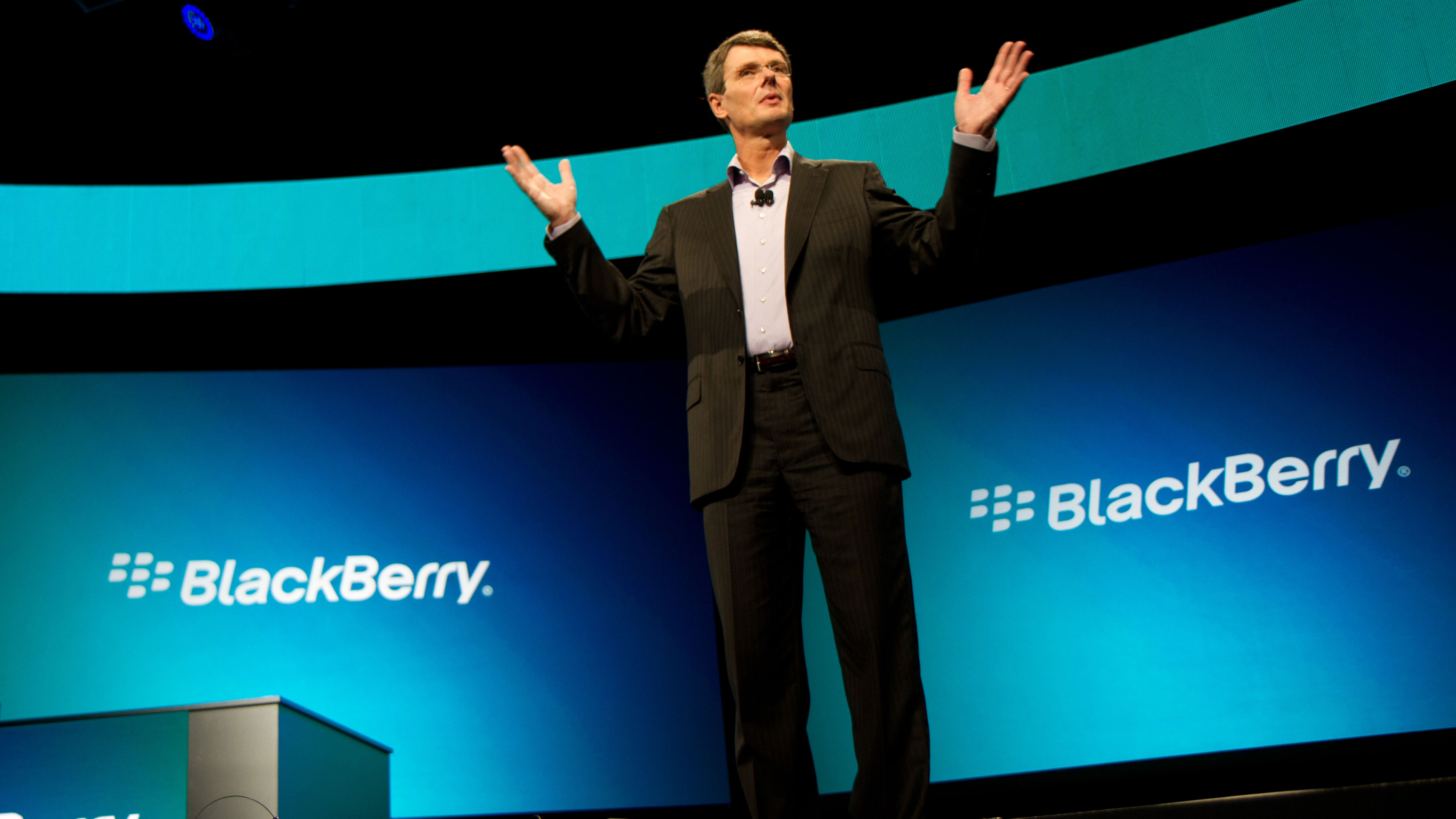BlackBerry CEO expects to sell 'tens of millions' of the keyboard-toting Q10
Will Crackberrys flock to the phone with keys?

Sign up for breaking news, reviews, opinion, top tech deals, and more.
You are now subscribed
Your newsletter sign-up was successful
BlackBerry CEO Thorsten Heins is not tempering his estimations when it comes to the keyboard-toting Q10 handset, telling Bloomberg he expects the new phone to sell "tens of millions" of units.
If true, this would see the Q10 outselling the touchscreen-only BlackBerry Z10 multiple times over. In the 3 months since its launch the Z10 has sold over 1 million units, but with its classic keyboard design, the Q10 is expected to fare better with BlackBerry faithful.
"This is going into the installed base of more than 70 million BlackBerry users so we have quite some expectations," Heins said.
Don't call it a comeback
For better or worse, BlackBerry has made headlines time and again in the opening months of 2013. It launched the new BlackBerry 10 OS alongside the Z10 handset in January, and announced musician Alicia Keys as the company's Chief Creative Director; despite the artist's continued preference for the Apple iPhone.
The Z10 handset went on sale shortly after, first in the UK, where earlier reports suggested that the phone was selling out in many phone stores.
Following its release in the US, reports came in that the handset was being returned to stores by customers in high volumes. Some publications even ran articles suggesting that return rates exceeded sales in the weeks after launch, though Heins strongly denies this was ever the case, saying that BlackBerry's own data shows that returns are "better than with previous BlackBerry launches".
Perhaps most importantly, the company posted a profit for the final quarter of 2012 of US$98-million. This surprised a lot of financial spectators who still remember the US$125-million loss reported by BlackBerry for the same period 12-months prior.
Sign up for breaking news, reviews, opinion, top tech deals, and more.
Though this figure points to good things for the smartphone maker, it is important to remember that this profit is for a period before the Z10 launch. Heins is credited with making tough decisions within the company, including a 5,000 person reduction in the size of the workforce in an attempt to promote greater efficiency across the organisation.
Via Bloomberg